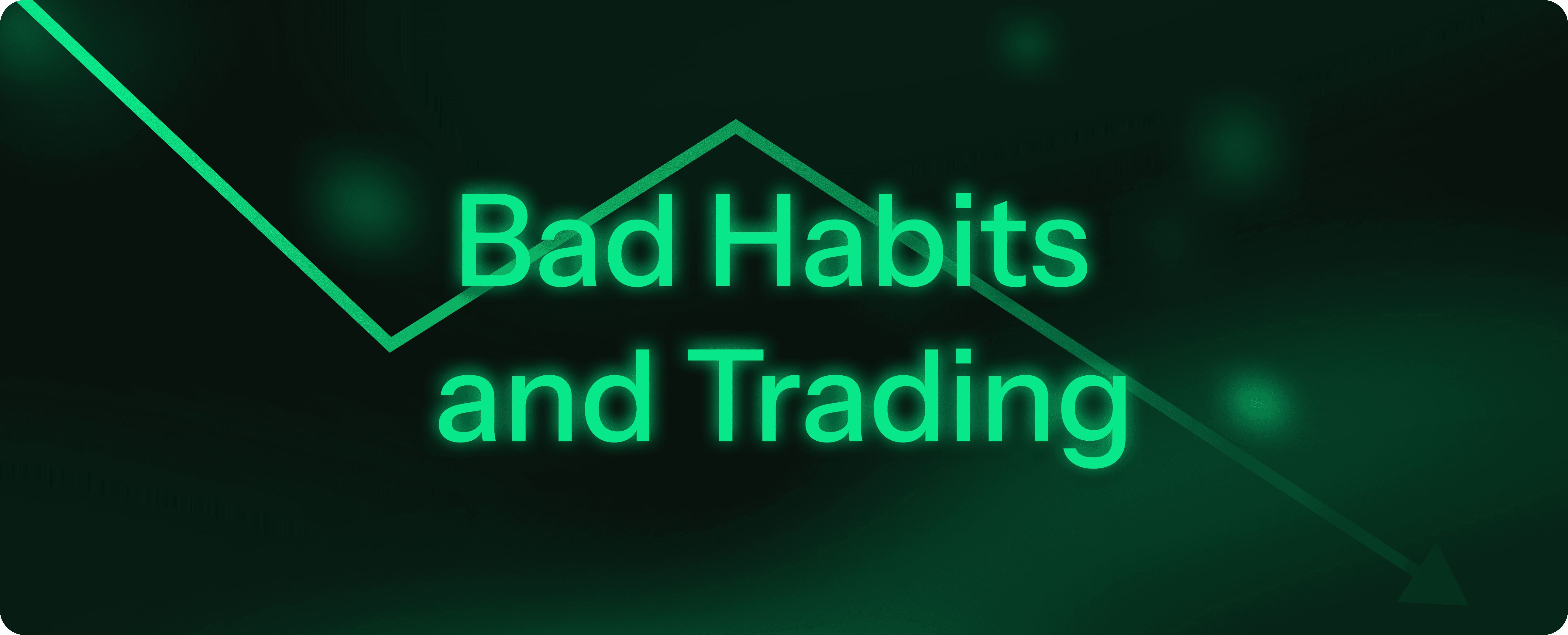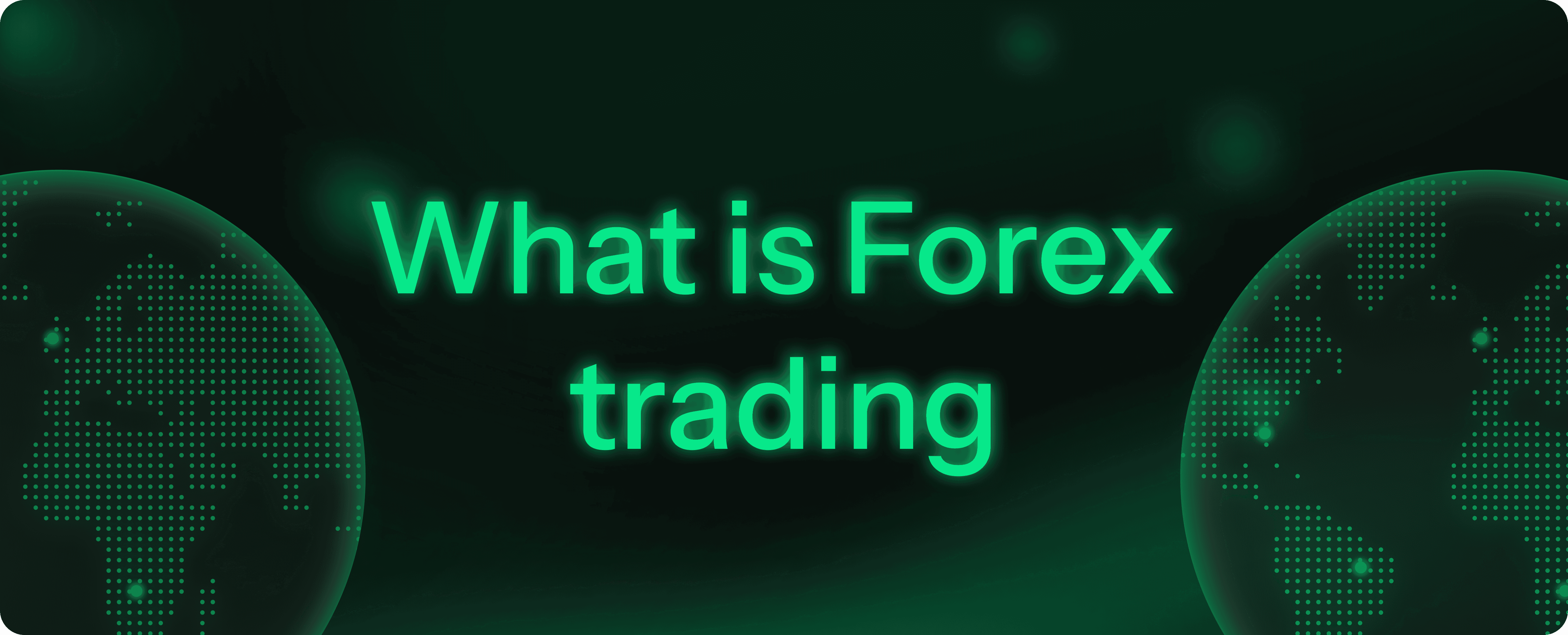Mike | The Lab
Published on
Jun 25, 2025
In the markets, hedge funds are typically mentioned when discussing "smart money." The trajectory of whole asset classes, including futures, is frequently influenced by these big institutional players, who move billions of dollars in cash.
What is a hedge fund, though, and how does it apply to your trading?
What Is a hedge fund?
A hedge fund is a type of private investment company that invests in a variety of markets by pooling the money of affluent people or organizations. Their objective is to generate returns through active management, frequently employing tactics such as:
Long/short stock, derivatives, arbitrage, futures contracts, and global macro positioning
They are free to employ leverage and trade aggressively because they are not subject to the same restrictions as mutual funds.
How hedge funds use futures
One of the main tools used by hedge funds is futures. They employ them for:
Avoid volatility by hedging portfolio risk
Speculate on directional movements
Get exposure to sectors or indexes without purchasing the underlying asset
Arbitrage inefficiencies across international marketplaces
Their massive order flow can generate long-term trends, short-term volatility, or momentum. Retail traders can avoid trading against the tide by being aware of when and how they operate.
TL;DR
Although they are not your rivals, hedge funds influence the market in which you trade. You can better understand market behavior and volume movements by learning how they use futures. Traders can enhance their timing, bias, and decision-making by adhering to institutional flow.






